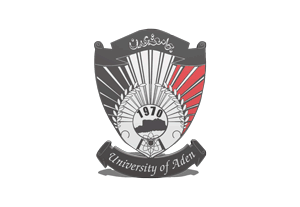EFFECT OF VITAMIN C AND VITAMIN B12 ON ACETAMINOPHEN INDUCED LIVER INJURY IN ALBINO RATS
DOI:
https://doi.org/10.47372/ejua-ba.2024.4.406Keywords:
Liver, Acetaminophen, Vitamin C, Vitamin B12Abstract
Several vitamins, including vitamin C, and B12, have been recognized as antioxidants and have shown hepatoprotective effects against the liver injury caused by acetaminophen (APAP) overdose. The current study aimed to investigate the effect of vitamin C, and B12 in protecting the liver from APAP induced hepatotoxicity in rats. An experiment was carried out on female albino rats. There were five groups of animals: a control group that received normal saline (10 ml/kg), acetaminophen treated group (2000 mg/kg), vitamin C treated group (500 mg/kg), vitamin B12 treated group (10mg g/kg), and N-acetylcysteine (NAC) treated group (150mg/kg). All animals were given oral medications for six days. On the seventh day, all the animals except the control group were subjected orally to APAP and then were observed for 24 hours for blood sample collection before they were sacrificed. APAP treatment showed a significant elevation in lipid peroxidation confirmed by the results of liver tissue malondialdehyde (MDA), and elevation in serum liver enzymes levels, aspartate aminotransferase (AST) alanine aminotransferase (ALT), alkaline phosphatase (ALP), lactate dehydrogenase (LDH), and depletion in albumin levels, p<0.001, which all indicated hepatic injury. Pre-treatment with vitamin C, vitamin B12 and NAC significantly (p<0.01) reduced the elevated MDA, AST, ALT, and ALP, but slightly elevated albumin levels that was insignificant in case of vitamin B12 and NAC, with P=0.09 and P =0.4, respectively. Acetaminophen induced liver hepatocellular impairment through elevation of oxidative stress marker MDA and elevation of the liver function markers in the experimental rats. Vitamin C and vitamin B12 seem to have protective effects in rat hepatic toxicity that was comparable to those of N-acetylcysteine (NAC). Further studies are required to determine the mechanisms stand behind this effectiveness.
Downloads
Downloads
Published
How to Cite
Issue
Section
License

This work is licensed under a Creative Commons Attribution-NonCommercial 4.0 International License.










